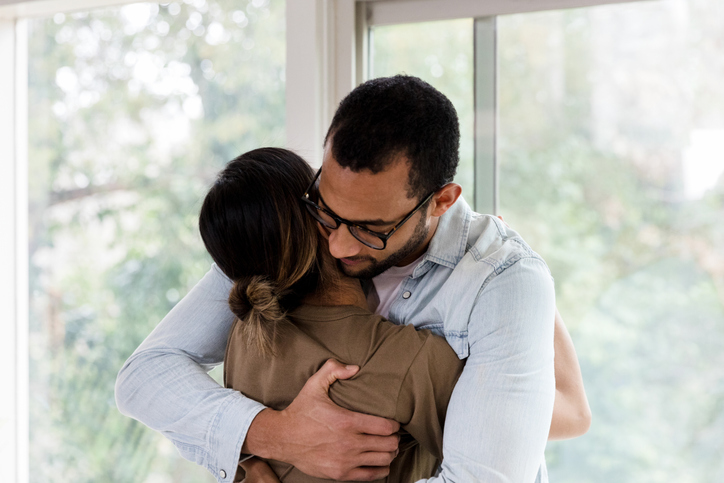Substance abuse and addiction not only affects the person with the problem. It also causes a ripple effect throughout their families.
If you have a spouse or significant other, they may be fed up the lies and unpredictability. Other family members, such as parents and siblings, will grow tired of supporting you and your addiction. This can be a very lonely and isolating feeling, which makes it much harder to get sober.
Relationships are a key component of a successful recovery. As a result, you must make a serious effort to mend your relationships after getting sober. While it can be a long, tumultuous journey, the following steps are a good place to start.
Consider Which Relationships Are Healthy
The relationships with people in your life who are supportive, who maintain consequences for bad behavior and provide positive reinforcement for good behavior, are definitely worth mending. However, not all relationships are beneficial to you and your sobriety. This includes relationships with people who actively use drugs or alcohol, as their usage may be a trigger for you. Even people who have good intentions towards you are problematic.
Codependency is a serious issue when it comes to drug addiction. A codependent person will try to help by making excuses for your actions and taking over your responsibilities. This is detrimental, as being held accountable for mistakes and being responsible are major components of recovery. You don’t need to end relationships with codependent people, but you should ask them to seek counseling for these behaviors if they want to remain in your life.
Learn How to Listen Effectively
Keep in mind that your addiction is just as hard on your loved ones as it is on you. They’ve been forced to watch someone they care deeply struggle with all the problems drug abuse causes. They probably feel helpless about the situation. If your addiction has caused financial issues, they’ll also have fears about the future.
When discussing your addiction with loved ones, these feelings are likely come to the surface. Instead of becoming defensive and arguing about what happened, listen to the person intently. Try to understand their feelings, instead of waiting for your turn to reply. Listening to and acknowledging their concerns and fears is the first step towards healing.
Show, Don’t Tell
It’s not uncommon for people with addiction issues to relapse and return to their drugs of choice after recovery. Even if you feel that this time will be different and that you’re ready to make a real commitment to sobriety, understand that your loved ones have a hard time being positive, especially if you’ve tried to get sober many times before.
The best thing you can do in this instance is to continue on the path towards sobriety undeterred. To make your friends and family feel confident in your sobriety, you must maintain it for as long possible. If you do falter, seek help right away. Showing that you’re committed to recovery is better than stating you are, because it provides real evidence of a change in your behavior.
We’re Here to Support You on Your Road to Recovery
Your chance of maintaining sobriety is much higher when you have the right support. Duke City Recovery Toolbox is here to provide the necessary tools and guidance to help you throughout your recovery. We provide detox support, which helps manage uncomfortable withdrawal symptoms. From there, we’ll help you find a suitable substance abuse program, including outpatient and aftercare programs.
If you’re seeking addiction recovery assistance in Albuquerque, please call (505) 224-9777. We take your health and safety seriously, which is why we follow CDC guidelines regarding COVID-19 protection. You can also contact us if you’d like more information.





